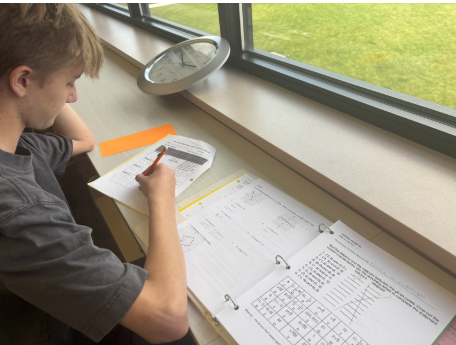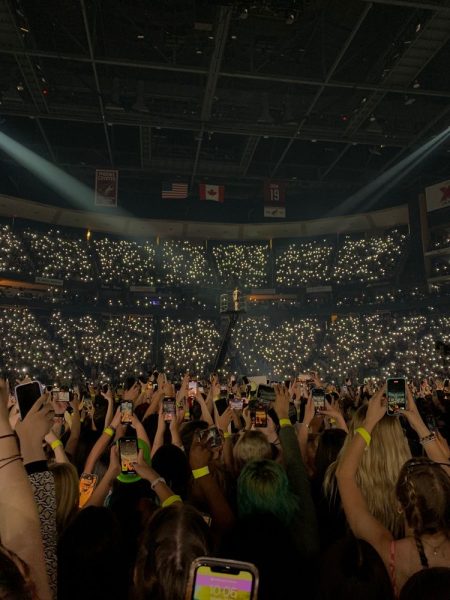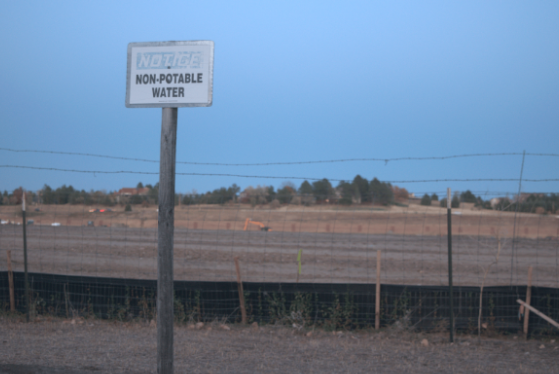I Stole Your Face: The Rise of Online Deepfakes [OPINION]
“Identity theft is not a joke, Jim,” Dwight Schrute once famously said.
Even if that episode of The Office first aired before I was born, the development of new programs today could very well take over your identity.
“Deep faking” is at a base level, a computer learning a person’s face and sticking it to another person.
Although it sounds completely harmless, or a funny joke, for years now deep fake media has been showing up over the internet. Most recent of which comes from a Twitch streamer named, Atrioc.
Twitch, one of the largest video-streaming platforms in the world, has not been shy of scrutiny, nor have its content creators. Names such as Adin Ross, JiDion, Dr. Disrespect, and many more have been under the limelight.
Atrioc; or Brandon Ewing was caught on the stream previously looking at pornographic images of his Twitch colleagues, which were paid for by the streamer.
QTCinderella, one of the Twitch Streamers targeted by these paid deep fakes, spoke out nearly immediately.
“The amount of body dysmorphia I’ve experienced since seeing those photos has ruined me,” she tweeted, “It’s not as simple as “just” being violated. It’s so much more than that.”
QTCinderella isn’t the only person who’s been targeted with deep fake technology. A report published by Deep Trace states, “[deepfaking] is a phenomenon that exclusively targets and harms women.”
The study dove into the top five publishing websites, in which one hundred percent consisted of women being deep faked.
Of these, 99% were women in the entertainment industry.
Furthermore, it’s not just the person’s face you can take. New technology has allowed you to even use a person’s voice.
Gaining popularity on TikTok in late February of 2023, A.I. has learned to do nearly perfectly replicate voices.
Harmless jokes of Joe Biden, Ben Shapiro, and Donald J. Trump playing Minecraft, or Joe Rogan and Barack Obama talking about Call of Duty.
But, to think that with enough content, an A.I can completely replicate your voice, your face.
No matter what benefits or entertainment might come from deep fake technology, integrating it into society, the risks will always be far greater.
It exposes un-consenting people into being edited into whatever scenario the deep-faker wants.
To continue to grow up in a society where technology controls more and more of our lives; one in which the line between human and computer is blurred, it’s scary.
It’s completely possible that in the near future we’ll be able to completely replicate a person. There are no limits for A.I learning systems, as seen with ChatGPT or Deep Fakes.
Maybe one day, we’ll be able to have conversations with Abraham Lincoln, or Albert Einstein just from inputting their work into a computer.
But for now, I’d like to keep my face. Thank you.

Hi! I’m Evan, and this is my sophomore year at Grandview and my second year on The Chronicle Staff. I’m a part of the Opinions Department. My favorite...


![I Stole Your Face: The Rise of Online Deepfakes [OPINION]](https://ghschronicle.com/wp-content/uploads/2023/03/DEEPFAKEART-900x506.jpg)





![A Vest Won’t Protect You [OPINION]](https://ghschronicle.com/wp-content/uploads/2025/09/KoltonZuckerVestPosterOffWhite-450x600.png)
![Executive Order: Ending Radical Indoctrination in K-12 Schooling [OPINION]](https://ghschronicle.com/wp-content/uploads/2025/04/Screenshot-2025-04-23-at-2.51.41 PM-600x337.png)



